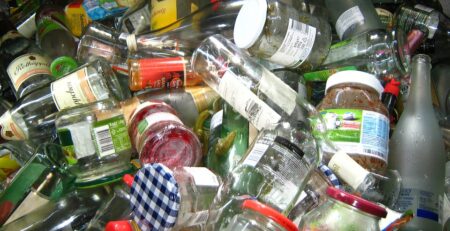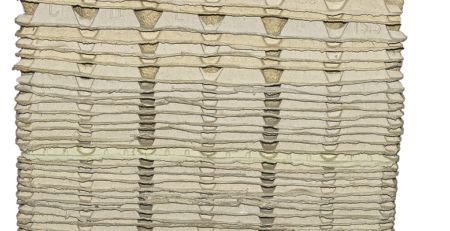Sustainable Packaging: Unveiling the Key to Waste Reduction
Sustainable Packaging: Unveiling the Key to Waste Reduction
In recent years, there has been a growing concern about the impact of packaging waste on the environment. With the increased awareness of climate change and the need to reduce our carbon footprint, sustainable packaging has emerged as a key solution to waste reduction. By implementing environmentally-friendly practices, businesses can not only contribute to a greener future but also appeal to an eco-conscious consumer base.
Sustainable packaging refers to the use of materials and design principles that minimize environmental impact throughout the entire life cycle of a product. From sourcing and production to transportation and disposal, every step in the packaging process is considered to reduce waste and pollution. This includes using materials that are renewable, recyclable, biodegradable, or made from recycled content.
One of the key benefits of sustainable packaging is waste reduction. Traditional packaging, such as plastic wrap or Styrofoam, often ends up in landfills, where it can take hundreds of years to decompose. On the other hand, sustainable packaging aims to reduce the amount of waste generated and increase the reuse and recycling of materials. This not only prevents pollution but also conserves valuable resources and reduces the need for energy-intensive production processes.
An example of sustainable packaging is the use of bioplastics, which are made from renewable sources such as cornstarch or sugarcane. These materials can be biodegraded in composting facilities, reducing the burden on landfills. Additionally, many companies are opting for minimalistic designs, using less packaging material and opting for simpler, eco-friendly designs. This not only saves resources but also reduces the overall weight and transportation costs.
Furthermore, sustainable packaging extends beyond just the materials used—it also involves efficient design and distribution strategies. For example, implementing technologies that allow for lighter and more compact packaging can significantly reduce the carbon emissions associated with transportation. This is particularly important in the e-commerce industry, where products are often shipped long distances.
Consumer demand also plays a crucial role in driving the adoption of sustainable packaging. As more people become aware of the environmental impact of packaging waste, they are actively seeking out products that are packaged in an eco-friendly manner. This has resulted in businesses recognizing the importance of sustainable packaging as a means to target a growing demographic of environmentally conscious consumers.
Nonetheless, there are challenges and barriers to the widespread adoption of sustainable packaging. Cost is often a significant obstacle, as sustainable materials and technologies can be more expensive than their conventional counterparts. Additionally, the lack of infrastructure for recycling certain materials can limit the feasibility of using them in packaging.
However, recent initiatives and government regulations are working towards addressing these challenges. Governments are implementing policies that encourage sustainable packaging practices and provide incentives for businesses to adopt greener alternatives. Likewise, innovations in recycling technologies are creating opportunities for more effective waste management.
In conclusion, sustainable packaging is the key to waste reduction and environmental preservation. By prioritizing the use of renewable and recyclable materials, businesses can significantly reduce their carbon footprint and contribute to a greener future. Furthermore, the growing demand for sustainable products from consumers is driving the need for businesses to adopt eco-friendly packaging solutions. With continued efforts and advancements in technology, sustainable packaging will become the norm rather than the exception, paving the way for a truly sustainable future.









Leave a Reply
You must be logged in to post a comment.